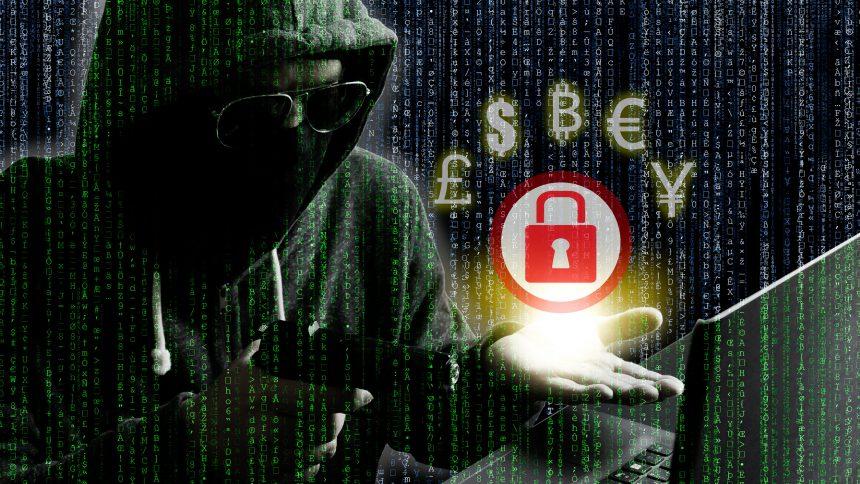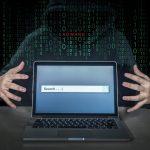Ransomware represents one of the most insidious forms of malware in today’s digital landscape. Its primary goal is simple yet devastating: to encrypt the files on a victim’s computer and demand payment (usually in cryptocurrency) for the decryption key. This type of malware infiltrates systems through various means, including malicious email attachments, compromised websites, or exploiting vulnerabilities in software. Once executed, ransomware poses a severe threat by denying access to critical files, causing potential data loss, financial harm, and operational disruption.
The Threat of NordCrypters Ransomware
NordCrypters is a specific variant of ransomware that has garnered attention for its destructive capabilities. It typically gains access to a system through phishing emails or by exploiting vulnerabilities in outdated software. Upon installation, NordCrypters swiftly encrypts the victim’s files, appending a specific extension such as “.nordcrypt”. This encryption renders the files inaccessible without the decryption key, which the attackers offer in exchange for a ransom payment.
The ransom note left by NordCrypters provides instructions on how to contact the attackers and details the ransom amount, usually demanding payment in Bitcoin or another cryptocurrency. This note often includes threats of permanent data loss or increased ransom demands if payment is not made within a specified timeframe, adding psychological pressure to the victim.
Symptoms of NordCrypters Infection
Identifying a NordCrypters infection early is crucial for minimizing damage. Common symptoms include sudden encryption of files with the “.nordcrypt” extension, inaccessible files, and the appearance of ransom notes on the desktop or in affected folders. Users may also experience slower system performance due to the ransomware’s resource-intensive encryption processes.
Text presented in this message:
Все ваши данные зашифрованы.
Но вы можете расшифровать их оплатив декодер, который восстановит каждый файл в первозданном виде.
Инструкция:
– Не пытайтесь самостоятельно восстановить файлы, вы повредите алгоритмы.
– Заплатите эквивалент 250 USD в биткоинах на счет bc1q6yx2cte225vtv3uv96ru4s4etyvc2vle9s2d3c.
– Отправьте нам сообщение с идентификатором транзакции на адрес nordcrypters@proton.me
– Запустите програму, которую мы вам вышлем в ответном письме.
Нас интересуют только деньги! Не в наших интересах обманывать вас.
The translation of the ransom note into English:
All your data is encrypted.
But you can decrypt them by paying for a decoder, which will restore each file to its original form.
Instructions:
- Do not try to restore files yourself, you will damage the algorithms.
- Pay the equivalent of 250 USD in bitcoins to the account bc1q6yx2cte225vtv3uv96ru4s4etyvc2vle9s2d3c.
- Send us a message with the transaction ID to nordcrypters@proton.me
- Run the program that we will send you in a reply letter.
We are only interested in money! It is not in our interests to deceive you.
Detection Names
Some common detection names for NordCrypters include:
- Trojan-Ransom.Win32.NordCrypters
- Ransom.NordCrypters
- Win32/Filecoder.NordCrypters
Similar Threats and Precautions
Similar ransomware threats like Locky, WannaCry, and Ryuk exploit vulnerabilities in much the same way as NordCrypters. Users should stay vigilant against suspicious emails, keep software updated, and maintain regular backups of important data to mitigate the impact of such attacks.
Removal Guide for NordCrypters Ransomware
Removing NordCrypters requires a methodical approach to ensure all traces of the malware are eradicated:
- Disconnect from the Network: Immediately disconnect the infected computer from any network to prevent further spread or data theft.
- Enter Safe Mode: Restart the computer and enter Safe Mode to disable non-essential processes and limit the ransomware’s functionality.
- Use Antivirus Software: Run a reputable antivirus or antimalware program to scan and remove NordCrypters. Ensure the software is updated to detect the latest threats.
- Manual Cleanup: Manually delete any suspicious files or entries related to NordCrypters in the Windows Registry and temporary folders.
- Restore from Backup: If possible, restore encrypted files from a secure backup made before the infection occurred.
Prevention Tips
To prevent NordCrypters and similar ransomware infections:
- Educate Users: Train users on recognizing phishing attempts and suspicious emails.
- Update Software: Regularly update operating systems and software to patch known vulnerabilities.
- Backup Data: Maintain secure backups of important files on an external device or cloud storage.
- Use Antivirus Software: Install reputable antivirus software and keep it up to date to detect and prevent malware infections.
If you are still having trouble, consider contacting remote technical support options.




